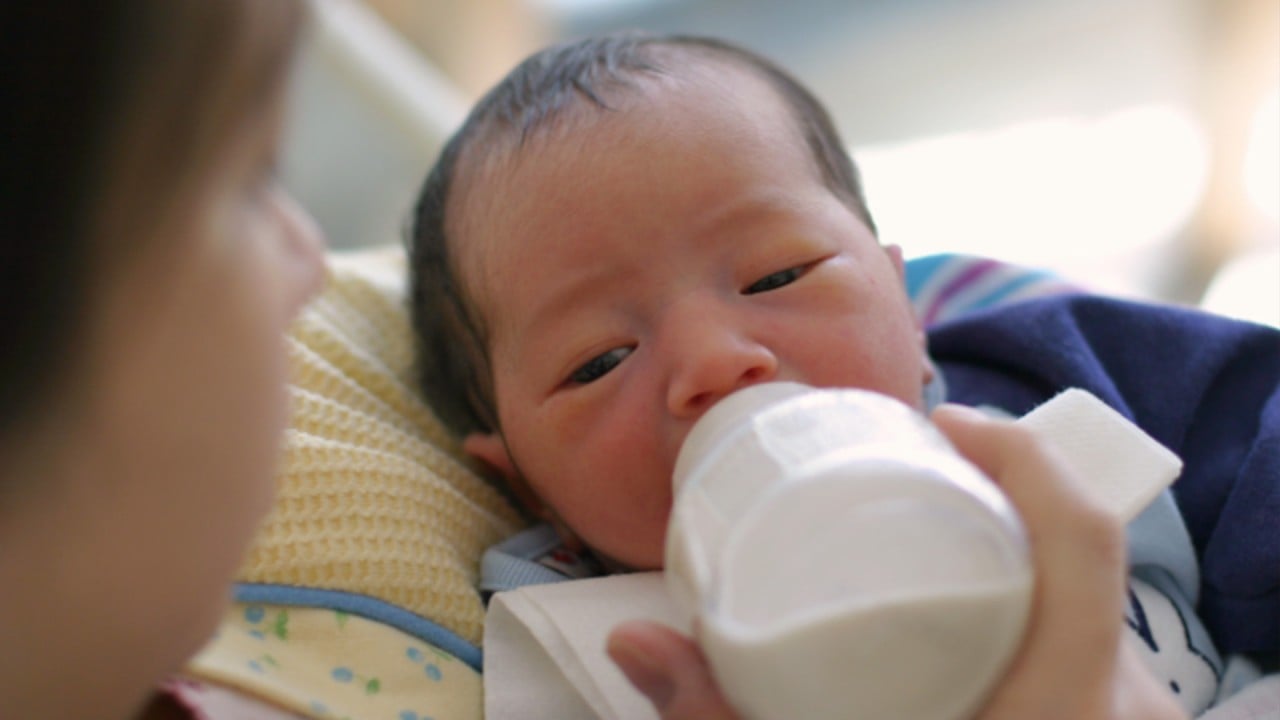
How ageing Asia can keep its economic miracle going
- Asia needs to stop seeing older people as liabilities to be tolerated, and instead view them as assets to be nurtured, through better human resource management
Anyone familiar with double-entry bookkeeping knows that every asset has a corresponding liability, and vice versa. But Asia sees its ageing people increasingly as a liability to be tolerated, rather than an asset to be nurtured.
So Asian countries are generally underusing their elderly – regarding them as redundant assets rather than pools of potential capable of contributing to national growth, while remaining healthier and happier in the process.
These were among my conclusions from moderating a recent expert panel discussion on population ageing and decline at the Foreign Correspondents’ Club of Japan (FCCJ) in Tokyo.
The challenge is not as far down the road as many think, observed Aiko Kikkawa, a senior economist at the Asian Development Bank (ADB) and the lead author of the “Ageing Well in Asia” policy report released this month.
She likened the issue to an “elephant in the closet” – something people know is there but whose presence they don’t like to acknowledge. In societies preoccupied with output and efficiency, ageing is seen by some as the “enemy within”.
“This issue is quite urgent, and something that is going to reshape our economies and societies,” said Kikkawa. Policymakers must focus on issues like health, productive life, economic security, and family and social engagement – a tall (and costly) order but one that must be heeded if the Asian miracle is not to expire prematurely.
Japan is leading in terms of ageing with UN and other data showing the proportion of people aged 65 and over at close to 30 per cent. The ADB does not include Japan in “developing” Asia but its report shows the over-60 share of the population reaching 20 per cent in South Korea and Thailand, with China approaching that level.
In developing Asia, which for the report includes most of the region, the proportion of those aged 60 and older is expected to double to around 1.2 billion in 2050, or one in four of the regional population.
Kikkawa and Ogawa both argued during the FCCJ event for a more holistic approach that includes everything from lifetime education and healthcare to better human resource management when it comes to older people.
A key point, not always given attention, is that Asian societies are witnessing not just declining fertility rates and ageing populations, but also a failure to make full use of their human resources.
As Ogawa noted, the elderly are “a source of untapped work capacity”. It is time to “remeasure population ageing, based on cognitive ability”, which he asserted is often higher than mandatory retirement ages suggest.
He cited data showing that retaining older workers in employment could add 1.4 per cent to Japan’s annual gross domestic product, and a similar amount in South Korea, while others like China would benefit too.
The debate is resolving increasingly into one of man vs machine – automate to replace ageing workers, or invest more in human resource care and productivity training. Japan economist Jesper Koll argued that population ageing can serve both as a catalyst for industrial restructuring and for a huge wealth transfer from older to younger people, thus providing financial resources or investment in the future.
The Asian economic miracle, in this view, is not over but is changing such that asset-rich societies – Japan and China especially – use their savings to finance a new economic miracle based on productivity. But this does not obviate the need to make better use of human resources. We need to raise afresh the question: “What about the workers?”
Anthony Rowley is a veteran journalist specialising in Asian economic and financial affairs



